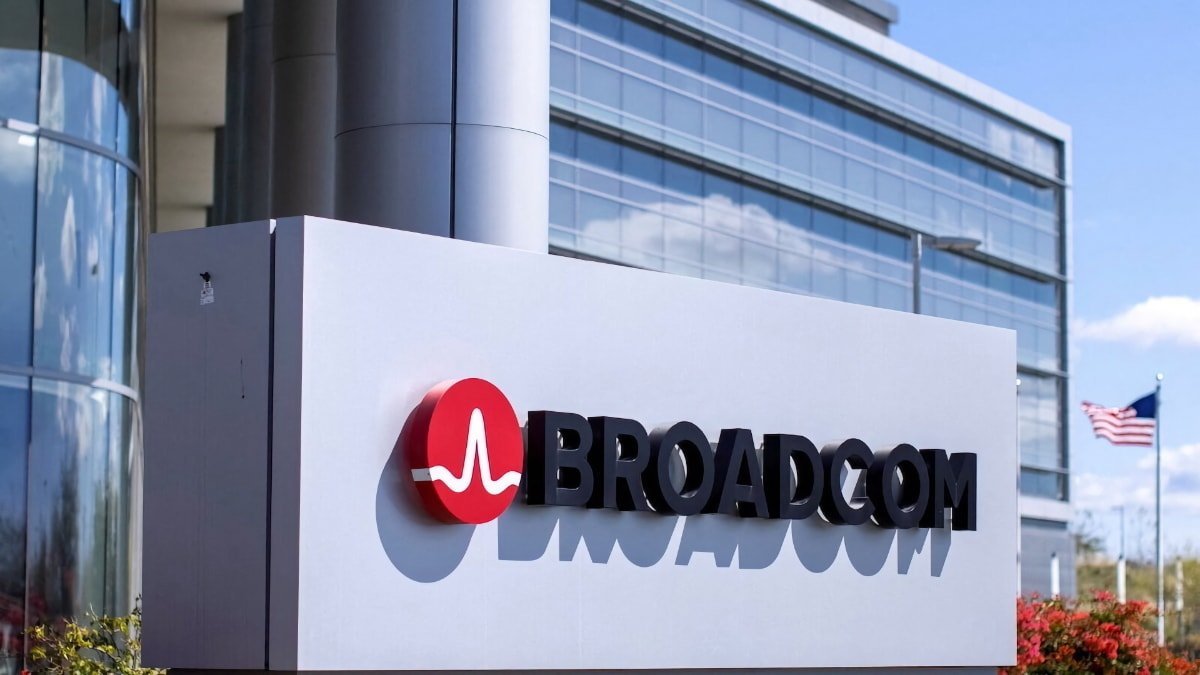Article Hero Image

Apple has inked a deal with Broadcom to produce 5G components to be used in its products, in what is described as a multi-year, multi-billion-dollar agreement.
Announced on Tuesday, the deal has Broadcom developing 5G radio frequency components, including FBAR filters and other "cutting-edge wireless connectivity components."
A Film Bulk Acoustic Resonator (FBAR) filter is a bulk acoustic wave filter that can help reduce noise and separate out signal bands. The technology can help cut down on signal issues and generally improve connectivity over 5G.
While Apple already works with Broadcom on FBAR filter manufacturing in a facility in Fort Collins, Colorado, which supports more than 1,100 jobs, the investment will increase the effort further. This will include designing and building the FBAR filters in several major American manufacturing and technology hubs.
The deal will also allow Broadcom to invest in "critical automation projects and upskilling with technicians and engineers," a statement reads.
Apple's announcement leans heavily on this being an American manufacturing story, with Apple CEO Tim Cook stating "We're thrilled to make commitments that harness the ingenuity, creativity, and innovative spirit of American manufacturing. All of Apple's products depend on technology engineered and built here in the United States, and we'll continue to deepen our investments in the U.S. economy because we have an unshakable belief in America's future."
The deal is part of a commitment Apple made in 2021 to invest $430 billion into the U.S. economy over five years. With the new agreement, Apple is on the road to meet the target, alongside direct spending with U.S. suppliers, data center investments, and other capital expenditures.
It is likely that the deal has some bearing on the development of Apple's own 5G modem, which previously received a boost in 2019 when Apple acquired Intel's smartphone modem business.
Broadcom has been a long-time partner of Apple, with it previously negotiating numerous agreements for wireless components, including RF chips.
However, one January report claimed Apple was planning to drop a Broadcom component in 2025, specifically elements relating to Wi-Fi and Bluetooth functionality. If true, the filter deal will keep the working relationship alive, albeit while other changes take place.